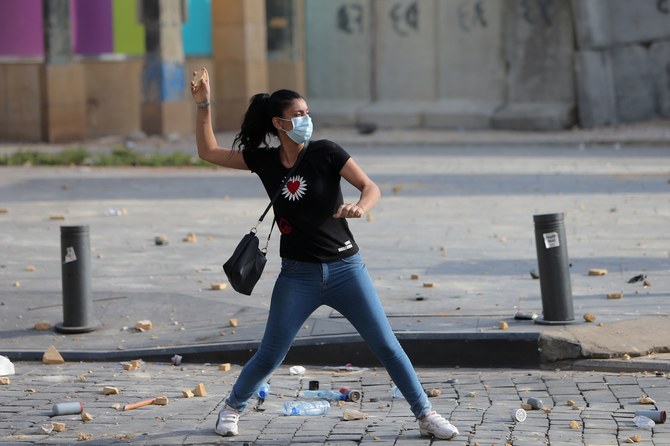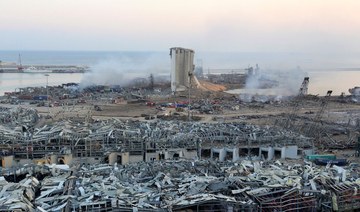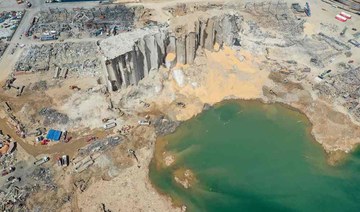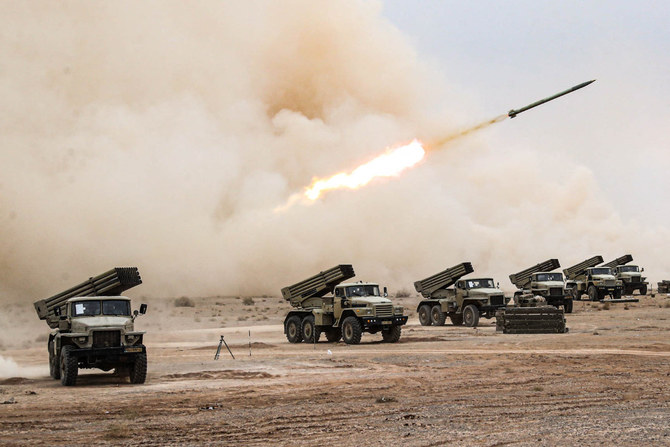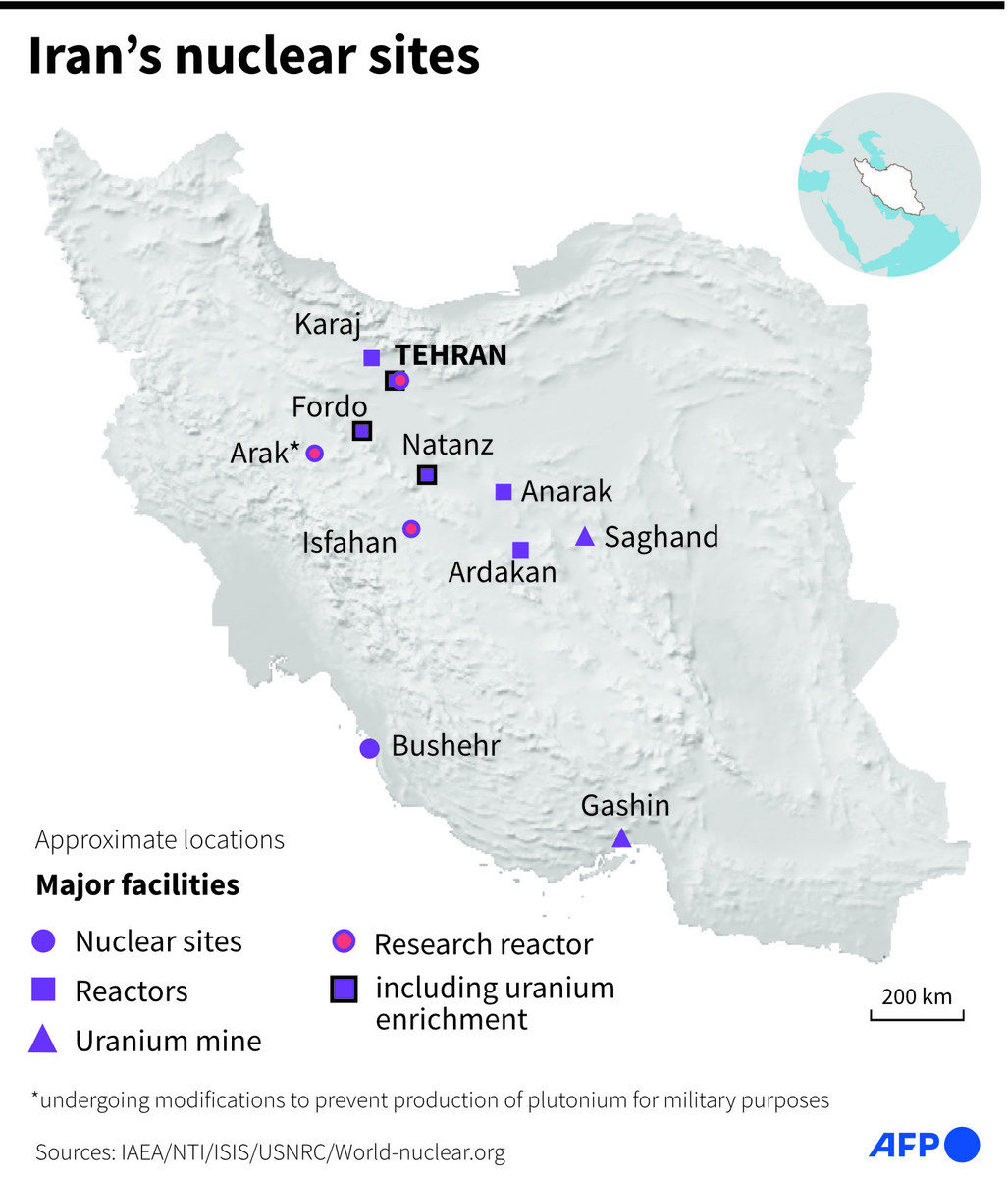BEIRUT: The Lebanese government is heading toward a mass resignation on Monday following a horrific explosion that has devastated Beirut.
The death toll from the explosion of a huge pile of ammonium nitrate at the Port of Beirut is more than 150, and around 6,000 are wounded. Hundreds of thousands of people have been left homeless.
The tragedy and ensuing chaos has fueled public anger, with people already enraged by authorities’ corruption, incompetence and negligence.
Several ministers talked about the possibility of stepping down at the weekend, with Information Minister Manal Abdel Samad announcing his departure on Sunday evening.
“I apologize to the Lebanese people for failing to fulfil their aspirations,” he said. “Change remained elusive. Since reality did not match the aspirations, and after the horror of the Beirut disaster, I therefore submit my resignation from the government.”
Environment Minister Damianos Kattar told Prime Minister Hassan Diab during a ministerial meeting on Sunday: “My kids’ friends died during the Beirut explosion and I cannot keep on performing these responsibilities in the ministry.”
Ministerial sources told Arab News that Diab urged ministers who were intending to submit their resignations on Sunday to hold off, and that the Cabinet would meet on Monday to discuss a mass resignation rather than individual exits.
Parliament Speaker Nabih Berri on Sunday announced an open session of Parliament, starting next Thursday at noon, to discuss with the government “the crime that has afflicted the capital and the people.”
If the government announces its resignation on Monday, it will turn into a caretaker government until a new government is formed.
A member of the Future Parliamentary Bloc, Dr. Assem Araji, said there was no specific deadline for the president to call for parliamentary consultations to appoint a new prime minister.
“This is what happened in previous governments and it took a long time, but with the current circumstances, consultations are supposed to take place quickly,” he told Arab News. “We are facing a big problem. A crime resulted from negligence, and there is a huge humanitarian tragedy that requires an international investigation to find out who is responsible for this crime.”
The state had given a six-day deadline to issue the results of the investigation, but the Lebanese people did not trust the results of the local investigation and were calling for an international investigation, he added.
MP Neemat Frem announced his resignation from the headquarters of the Maronite Patriarchate, 24 hours after the resignation of the Kataeb Party’s three lawmakers on Saturday, and MP Marwan Hamadeh from the Progressive Socialist Party.
The head of the Lebanese Forces party, Samir Geagea, talked about work being done to “aid the republic by ridding it of this parliament.”
Opinion
This section contains relevant reference points, placed in (Opinion field)
He tweeted: “We are making the necessary calls and exerting strenuous efforts to collect enough resignations and reach early parliamentary elections as soon as possible.”
Rep. Sethrida Geagea said: “The resignations of the 15 MPs of the Lebanese Forces are in our pockets, but we will only submit them when we are sure that they will ultimately lead to the fulfillment of what those who have entrusted us demand, that is, the departure of this brutal authority.”
Maronite Patriarch Bechara Al-Rahi, in his first sermon since the explosion, called the blast a crime against humanity. He added that an international investigation must be sought to uncover and announce the full facts, with the obligation to hold accountable everyone responsible for this massacre and catastrophe, regardless of their status.
But President Michel Aoun has rejected any international investigation and declared his confidence in the local probe.
In a statement issued by his media office, Aoun said: “The demand for an international investigation is aimed at misleading the truth. The judgment will be meaningless if it takes too long to be issued. The judiciary must be swift because delayed justice is not fair. It must be immediate and without haste to ascertain who is a criminal and who is innocent.”
Al-Rahi insisted that a new regime be established, based on neutrality, in order for stability and unity to be restored to Lebanese society.
He was joined in his calls for reform by the bishop of the Greek Orthodox Church of Antioch for the Archdiocese of Beirut, Metropolitan Elias Audi, who warned in his Sunday sermon: “If we do not adopt a policy of reward and punishment, things will not be straightened, and attacks on the people and their rights will continue.”
He added: “In a country that respects itself, officials resign when unable to fulfil their duties or if they fall short in some places. Here, officials are sitting on their chairs and the people are suffering one calamity after the other.”
Local and international rescue teams are continuing their search for those missing in the wreckage of the wheat granaries administration building in the port. They recovered the body of a Beirut Fire Brigade member. Dozens of people remain missing.
“The military teams working at the site of the explosion used accurate sensors to find out if there were chemical, radiological or biological materials, but none were found,” an officer from the Lebanese Army’s Engineering Regiment told Arab News.
According to the military source this meant that “there were no missiles used in the bombing process. The explosion turned the place from land into a watery bay.”
One of the military divers told Arab News: “When we dived to search for bodies, we found large piles of wreckage that were thrown into the seabed, preventing any ship from anchoring in the dock that was hit by the explosion. We also found dead turtles and recovered a body that was thrown by the explosion 500 meters away from the site.”
The Beirut Port administration is increasing its efforts to resume activity at the undamaged parts of the port so that goods can be delivered to their owners and there is food security for the Lebanese. Work is underway to secure an alternative berth to receive ships of wheat and deliver them directly to mills, according to the National Information Agency.
The Lebanese Army reported that 108 soldiers, including eight officers, were injured as a result of confrontations that took place with protesters on Saturday night in Beirut. Two of the officers were seriously injured.




